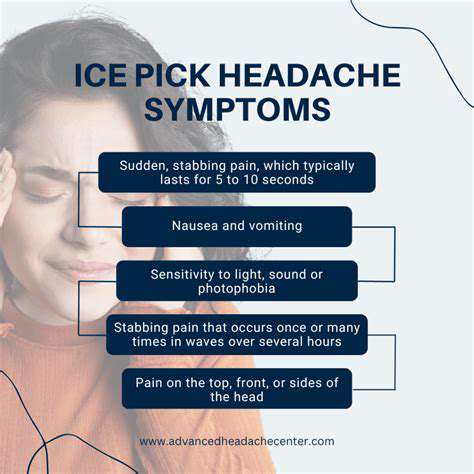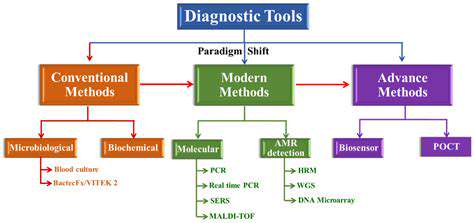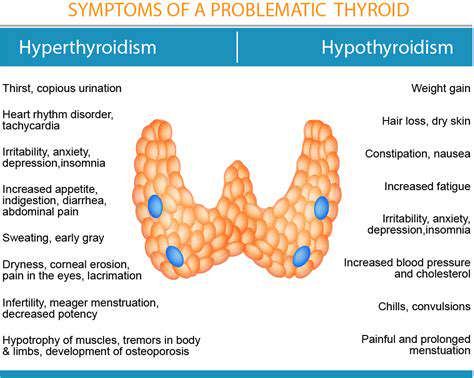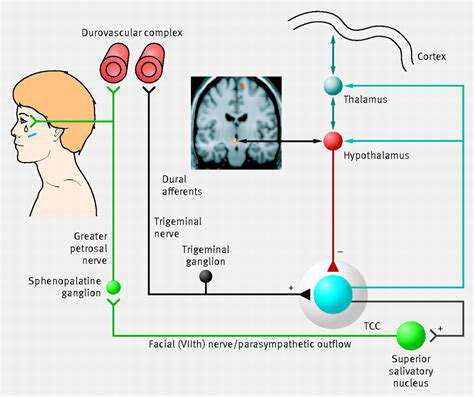headache
migraine
HTML
Styling
CSS
الفرق بين الصداع النصفي المتقطع والصداع النصفي المزمن
نظرة مقارنة
الآليات المُحفزة
تتميز الاضطرابات المُتقطعة، بطبيعتها، بفترة متقطعة من المرض. فهم المُحفزات لهذه الحلقات أمر بالغ الأهمية لإدارة فعالة. يمكن أن تلعب العوامل البيئية، مثل التغيرات المناخية الشديدة أو التعرض للمواد المُسببة للحساسية، دوراً.
Read more about الفرق بين الصداع النصفي المتقطع والصداع النصفي المزمن
تشخيص الصداع النصفي: ما يحتاجه طبيبك من معرفة
May 03, 2025
بناء القدرة على الصمود أثناء التعايش مع الصداع النصفي
May 21, 2025
أهمية الرعاية الذاتية في إدارة الصداع النصفي
May 31, 2025
حقن نقاط التوتر لعلاج الصداع التوتري والصداع العنقودي
Jun 09, 2025
عدم تحمل الحرارة والصداع النصفي: البقاء باردًا
Jun 26, 2025
صداع التجمع: التعرف على علامات الألم الشديد
Jul 01, 2025











